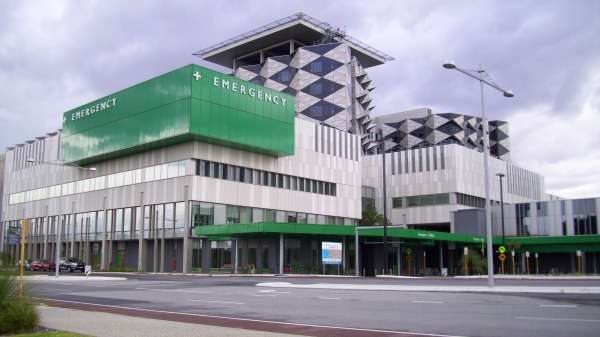Regional cancer patients suffer from lack of options

Perth residents diagnosed with certain advanced cancers live longer than people with similar diagnoses' in regional WA, due to a lack of access to treatment choices.
This is one of the findings of a study involving more than 1500 patients diagnosed with advanced cancers from 2007-2011 and treated at either Royal Perth Hospital or regional cancer centres in Kalgoorlie, Albany, Geraldton and Northam.
The median overall survival for patients treated in regional centres was 7.6 months, while for metropolitan patients it was 8.3 months, according to the study.
It determined pancreatic cancer patients in regional areas survive for three months on average compared to four and a half months for patients at a similar stage in the city.
The same clinicians treated patients both in the regions and in the metropolitan area, according to Fiona Stanley Hospital oncologist Hilary Martin who led the research while working at Royal Perth Hospital.
The difference in anticancer treatment for breast cancer patients may be partly because of clinical trials that were only available in Perth, she says.
But the difference in chemotherapy uptake and survival outcomes for pancreatic cancer, which is most often diagnosed at an advanced state and has a low survival rate, is more complex.
The study found 60 per cent of advanced pancreatic cancer patients in metropolitan Perth received chemotherapy compared with only 42 per cent of regional patients.
Those in Perth were also more likely to receive a second line of chemotherapy compared to their regional peers.
The research found this difference in chemotherapy treatment likely contributed to pancreatic cancer sufferers in regional WA being less likely to survive.
Patients in regional areas might also have less access to interventions required to address complications from pancreatic cancer, which may impact on their ability to receive chemotherapy and survival, according to the researchers.
The research tracked the chemotherapy lines patients actually received, rather than what they were offered by clinicians.
For some regional patients who might not live near medical facilities, an extra few weeks of life in hospital being treated for pancreatic cancer away from their families is not always the best option, Dr Martin says.
"As people come to the end of their lives it's the quality of that time that's important," she says.
"While treatment, when effective, can assist with symptoms and quality of life, at some point a decision is made to cease active anticancer treatment and focus purely on measures which directly manage symptoms."
This article first appeared on ScienceNetwork Western Australia a science news website based at Scitech.



















